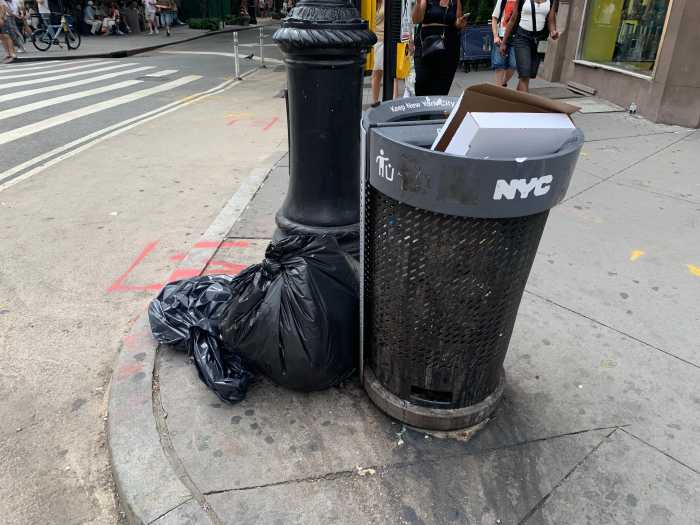The case of Peter Liang, the then-rookie police officer who fatally shot Akai Gurley in 2014, was from the very beginning about more than the fate of two young men.
The Brooklyn shooting occurred in the wake of the deaths of Michael Brown in Ferguson, Missouri, and Eric Garner on Staten Island, both at the hands of police. Neither officer was indicted. A protest movement fueled by anger over black men killed by white cops highlighted the continued existence of police misconduct and unaccountability.
But there was a different outcome in the Liang case. A grand jury empaneled by District Attorney Ken Thompson indicted the cop. Liang was convicted of manslaughter and official misconduct. Activists and hopeful reformers saw this as a step forward. No longer would deaths like these be treated as tragic but ultimately business as usual.
Thompson’s recommendation last month of lenient sentencing — no prison time — was seen as a betrayal to those who’d celebrated justice, for once, being served. Their fears were confirmed Tuesday when Justice Danny K. Chun sentenced Liang to no prison time, five years’ probation and 800 hours of community service, in addition to reducing the manslaughter conviction to criminally negligent homicide, which would be difficult to overturn on appeal.
The Liang case was less cut and dried than many of the others that inflamed passions, yet Thompson pursued the highest charge available that didn’t require him to prove intent, which gratified supporters of Gurley’s family. But the circumstances of the case never perfectly fit into the narrative of a racially motivated killing.
And yet the outcome was the same: an unarmed black man dead at the hands of a police officer.
In some ways, the twists and turns of the Liang case have weakened trust in a justice system that some saw as even more heedless to their calls than a non-indictment or acquittal would have been. It will remain a controversial and political case. Little light has been shed on whether the criminal justice system has changed after the more than a year of protests and examination. And no one walks away satisfied.




































